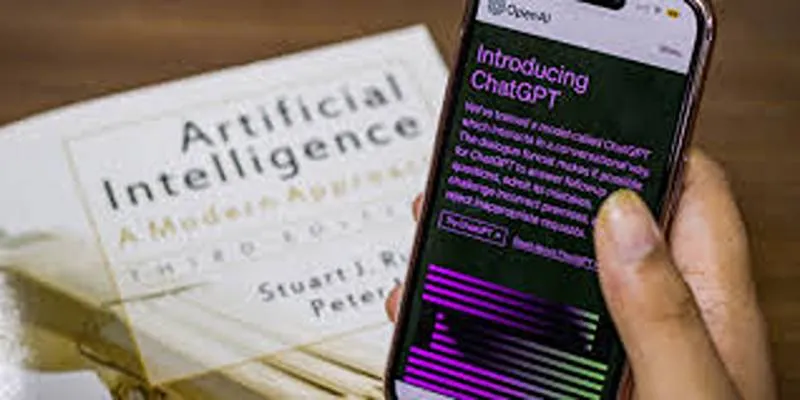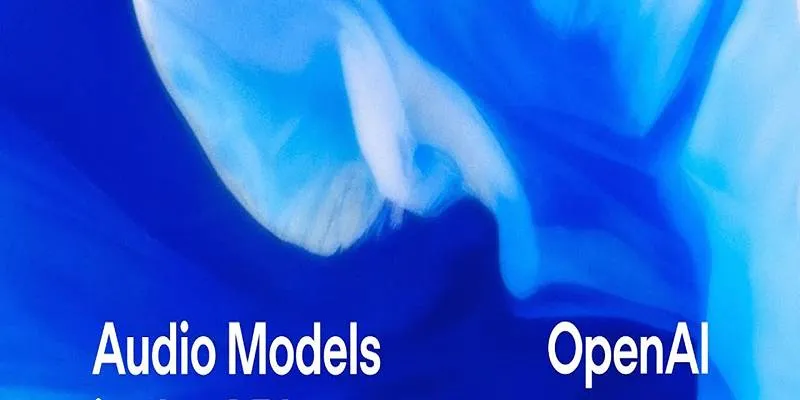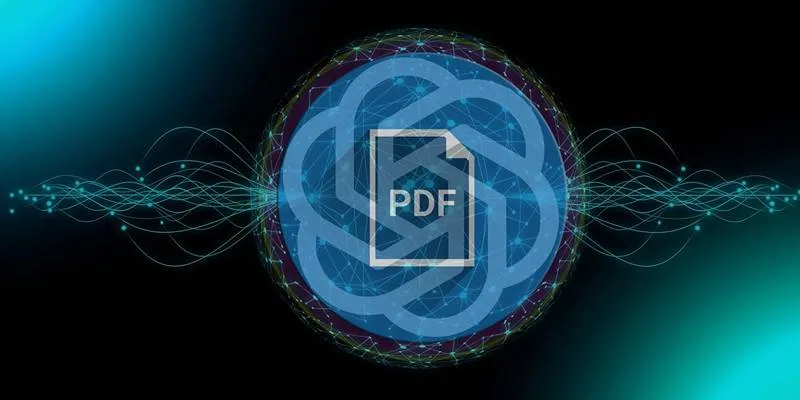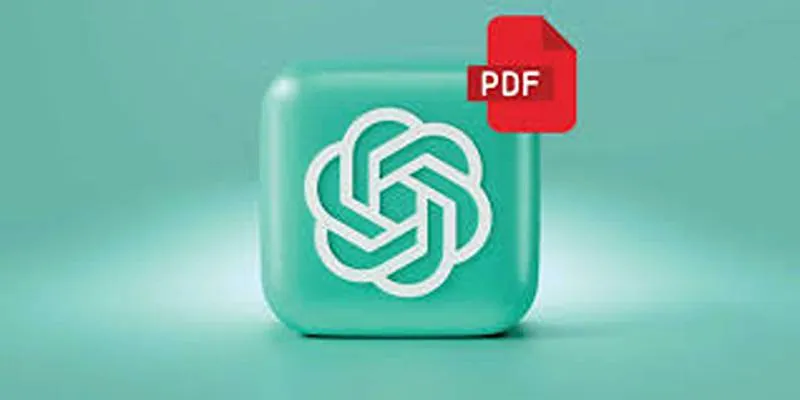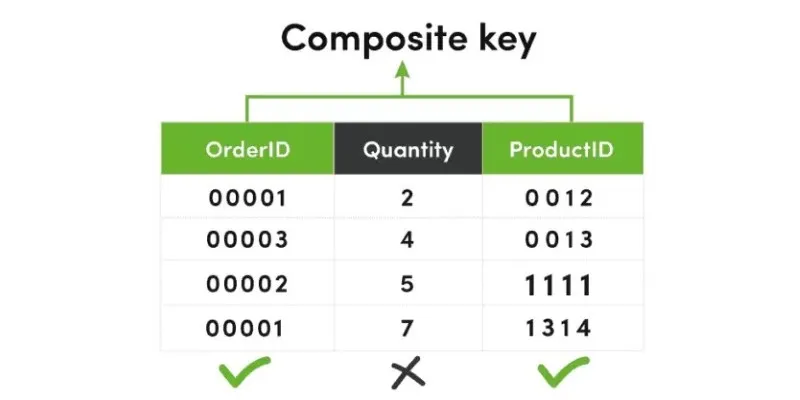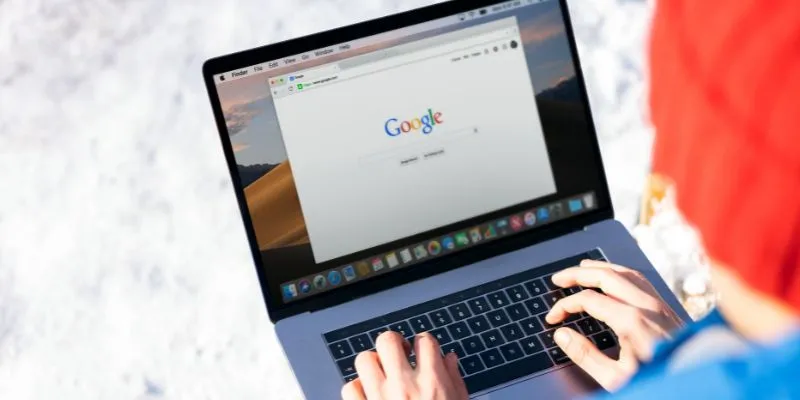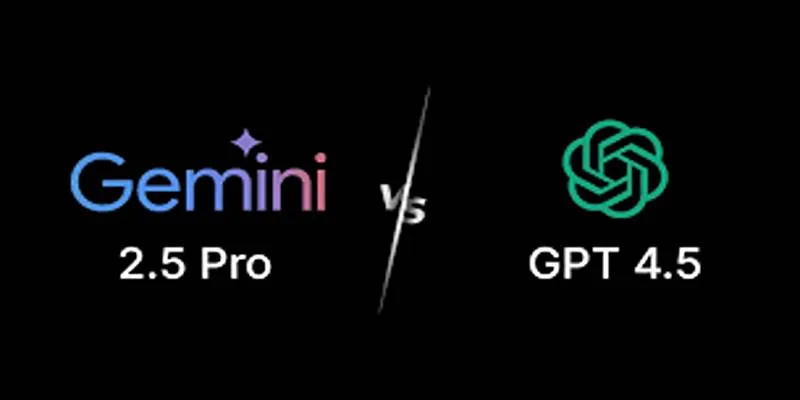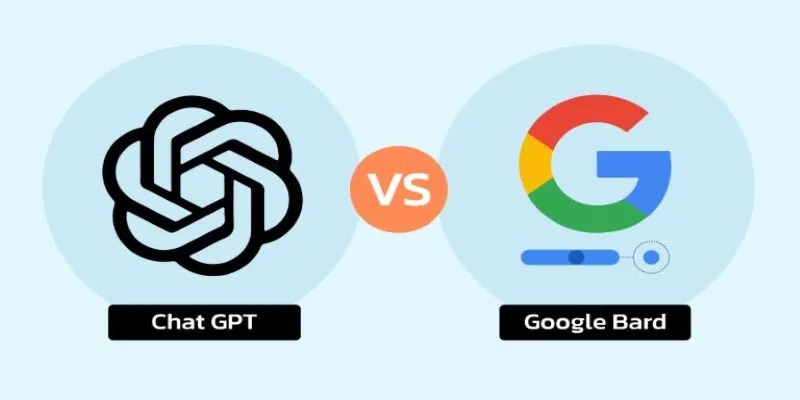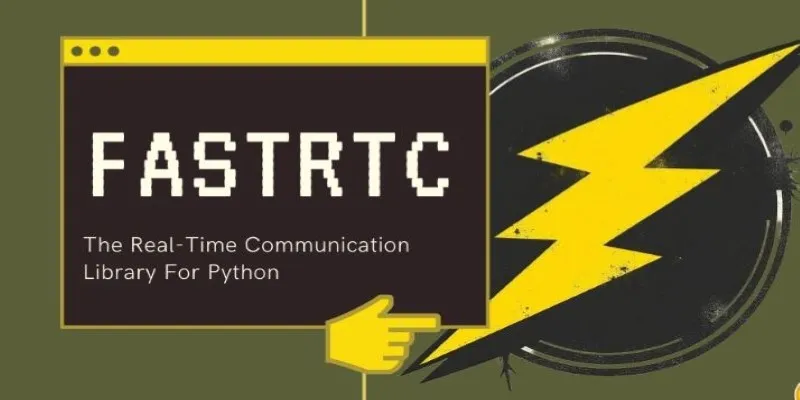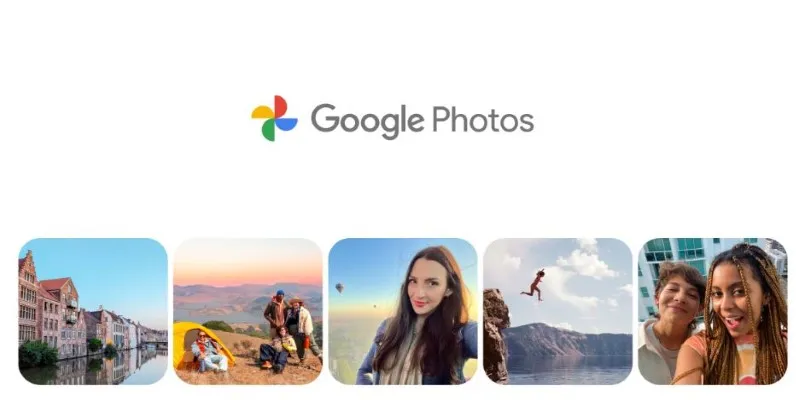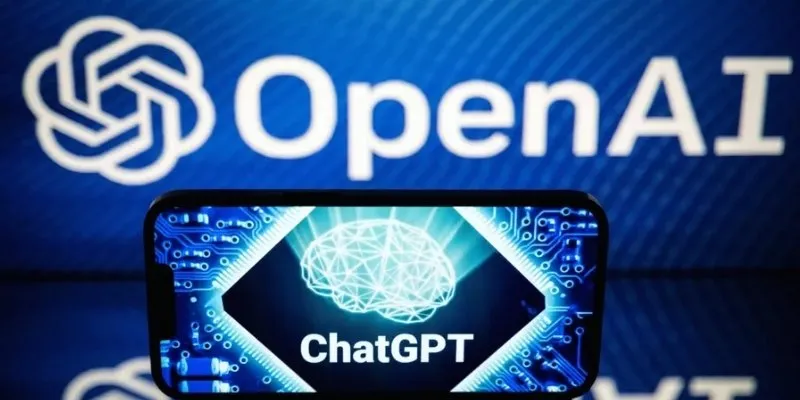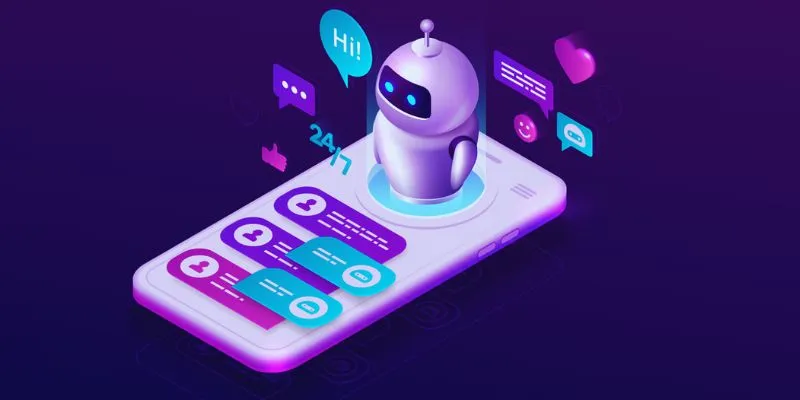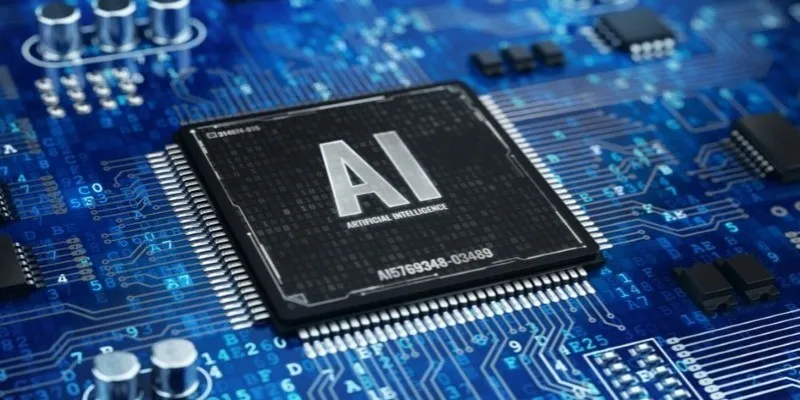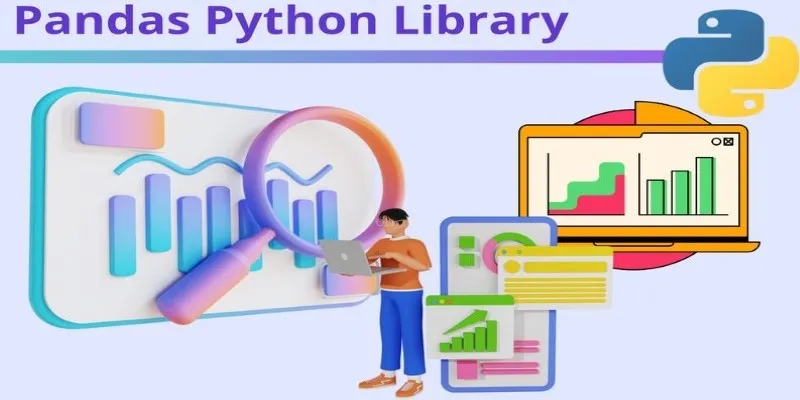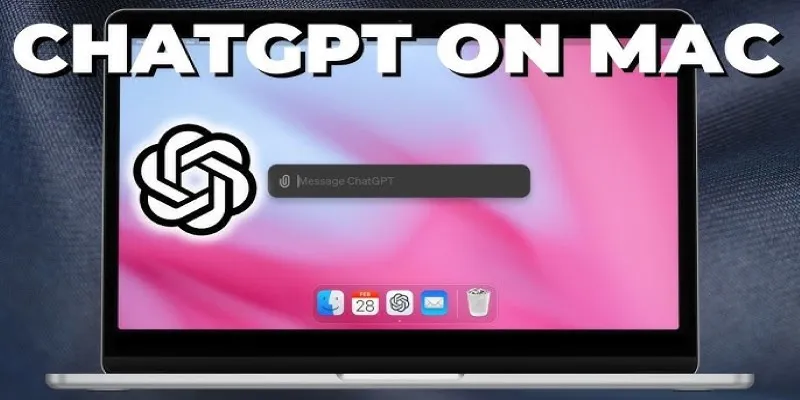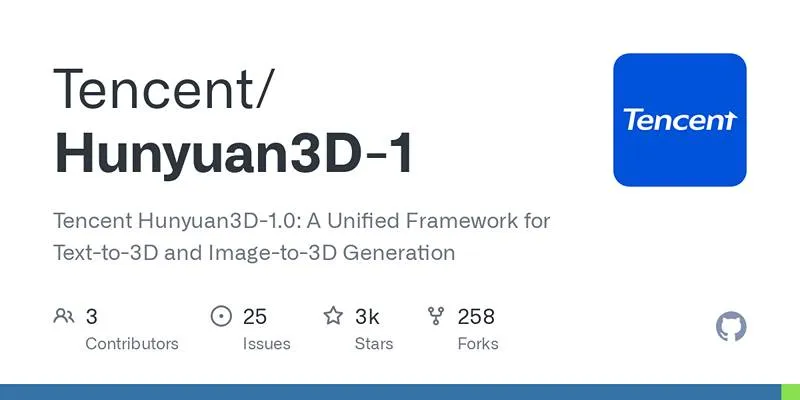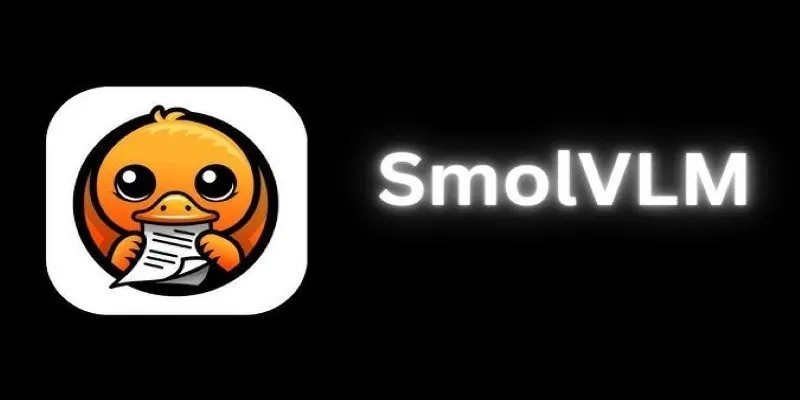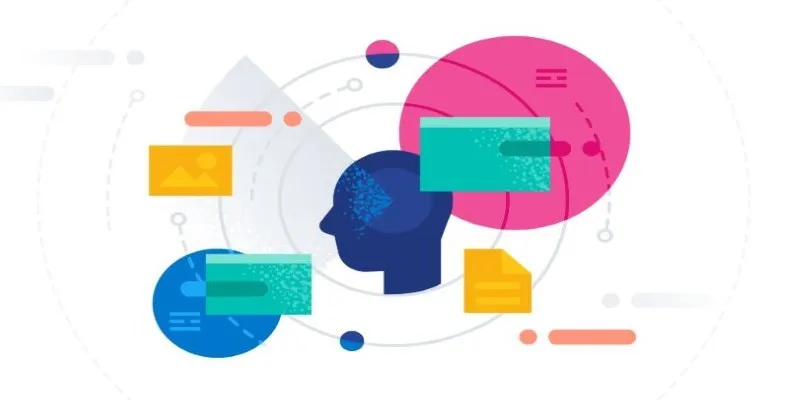Artificial intelligence has made remarkable strides in recent years, especially in the field of conversational AI. Today’s AI chatbots are no longer limited to pre-programmed responses. They can write essays, summarize documents, generate code, assist with scheduling, and even carry on casual conversations that feel surprisingly natural. Among the most talked-about names in this space are Claude, developed by Anthropic, and ChatGPT, developed by OpenAI. Both models are designed to help users perform a wide range of everyday tasks—but how do they compare?
This post takes an objective look at Claude and ChatGPT, examining their usability, performance, and unique strengths to determine which one is better suited for everyday needs.
Interface and Accessibility
When evaluating AI tools for everyday tasks, ease of use plays a major role. In this regard, both Claude and ChatGPT offer accessible, user-friendly platforms , but with a few differences.
Claude is accessible via web-based interfaces and integrations through select third-party tools. It maintains a minimalist design, focusing on distraction-free conversations. However, it’s currently available in fewer standalone apps compared to ChatGPT.
ChatGPT , especially in its Plus version with GPT-4, is available across multiple platforms, including a polished mobile app for iOS and Android. The app includes features like voice input, chat history syncing, and theme customization, enhancing its usability for on-the-go scenarios.
In terms of accessibility, ChatGPT takes the lead due to its wider availability and refined mobile experience.
Task Handling and Versatility
Both Claude and ChatGPT are built for general-purpose use, but their performance in everyday scenarios reveals some key differences.
Claude is known for its calm, consistent tone and careful language generation. It excels in tasks requiring emotionally intelligent responses, ethical reasoning, or tasks where neutrality is critical. However, it may lean toward cautiousness, sometimes avoiding responses where ChatGPT would be more willing to provide details or opinions.
ChatGPT tends to outperform Claude when handling multi-step reasoning, writing long-form content, or executing structured tasks such as summarizing, rephrasing, and ideating. GPT-4, in particular, shows a higher level of coherence, creativity, and depth, making it suitable for writing, planning, and technical support.
In practical use, ChatGPT often proves more flexible, while Claude may be favored in environments where tone control and restraint are valued.
Language Understanding and Output Quality
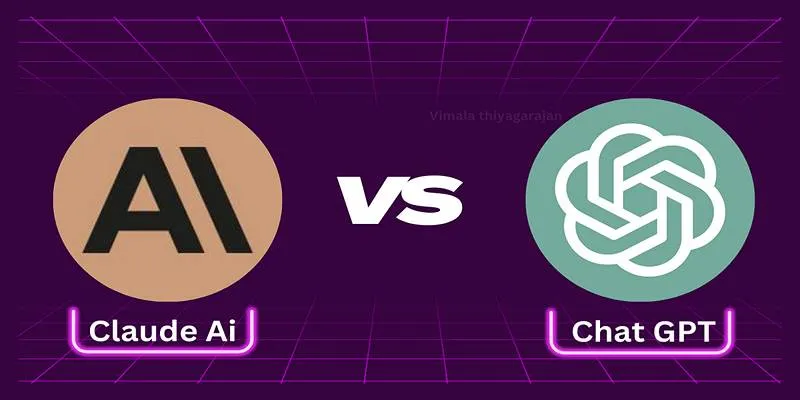
Both Claude and ChatGPT demonstrate strong natural language understanding, but their output styles differ slightly in tone and expression.
Claude often produces text that feels polite and structured. It’s consistent in tone and well-suited for users who prioritize brevity and clear logic. However, it may occasionally lack the dynamic range seen in ChatGPT outputs.
ChatGPT , particularly with GPT-4, can shift tones, mimic different writing styles, and tailor responses more precisely to user intent. It often provides more expressive and varied responses, especially for creative or nuanced tasks.
That said, Claude sometimes shines in delivering concise, logically structured replies, particularly for those who prefer minimalism over elaboration.
Speed and Responsiveness
For users managing quick tasks or multitasking throughout the day, response time plays an important role in the overall experience.
Claude is generally fast, and its response time remains stable across most prompts. This reliability makes it ideal for situations where speed and consistency matter.
ChatGPT’s speed depends on the model in use—GPT-3.5 is fast and efficient, while GPT-4 is slightly slower due to its added complexity and depth of reasoning.
For quick interactions, both perform well, but users requiring a mix of speed and deeper context may find GPT-4’s added wait time worthwhile for its advanced capabilities.
Pricing and Availability
Access to features and transparent pricing often shape user adoption and long- term usage.
Claude is currently available through limited third-party platforms and doesn’t follow a clearly defined, public-tiered pricing structure. Its availability may depend on developer partnerships or specific integrations.
ChatGPT , on the other hand, offers a free tier based on GPT-3.5 and a Plus subscription at $20/month for access to GPT-4. This model is clearly structured, making it easier for users to evaluate value based on their needs.
In terms of flexible access and platform independence, ChatGPT provides more clarity and options for users across experience levels.
Integration With Productivity Tools
The usefulness of AI chatbots increases when they integrate seamlessly with tools already part of daily workflows.
Claude , while effective in core communication, is currently limited in terms of third-party app integration. It can be accessed through certain partner platforms but doesn’t offer widespread support for mainstream productivity software.
ChatGPT supports a wide range of integrations, including plugins for Microsoft Word, Excel, Notion, and Slack. These allow users to streamline processes, generate content within their tools, and automate routine tasks.
For users who rely heavily on digital workspaces and app ecosystems, ChatGPT offers better compatibility and integration flexibility.
Which One Is Better for Everyday Tasks?
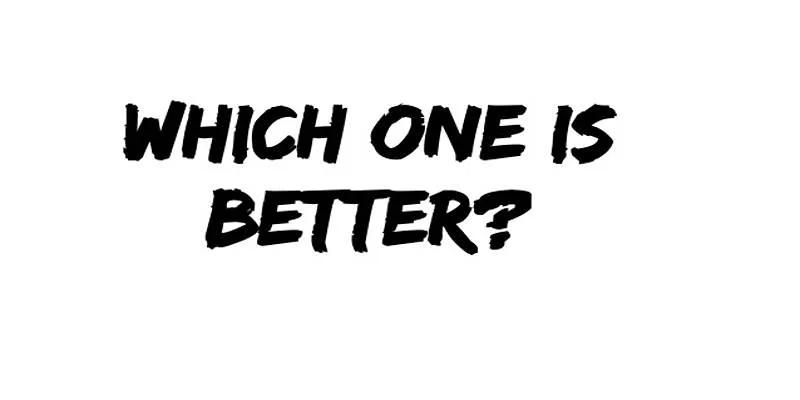
Both Claude and ChatGPT are powerful AI tools, but their strengths cater to different needs.
ChatGPT offers a more versatile experience for everyday use. With broader integration, multimodal support, mobile apps, and creative flexibility, it’s well-suited for users managing a variety of tasks—from writing and research to planning and productivity.
Claude performs best in contexts that require caution, consistency, and polite language. Its speed and reliability make it ideal for structured, formal use—but it lacks the range of features and platform reach that ChatGPT provides.
For users seeking a well-rounded AI assistant for diverse daily tasks, ChatGPT is the more capable and adaptable choice.
Conclusion
The rise of Claude and ChatGPT highlights how AI chatbots are no longer experimental tools but practical assistants integrated into everyday life. While both offer impressive language understanding and conversational ability, they differ in style, tone, and use case suitability.
Users seeking an adaptable, feature-rich assistant for a wide range of tasks will find ChatGPT to be the more capable option, particularly with GPT-4 access. Meanwhile, those who value safety-first design and restrained outputs may gravitate toward Claude for its reliability and calm tone.
 zfn9
zfn9
